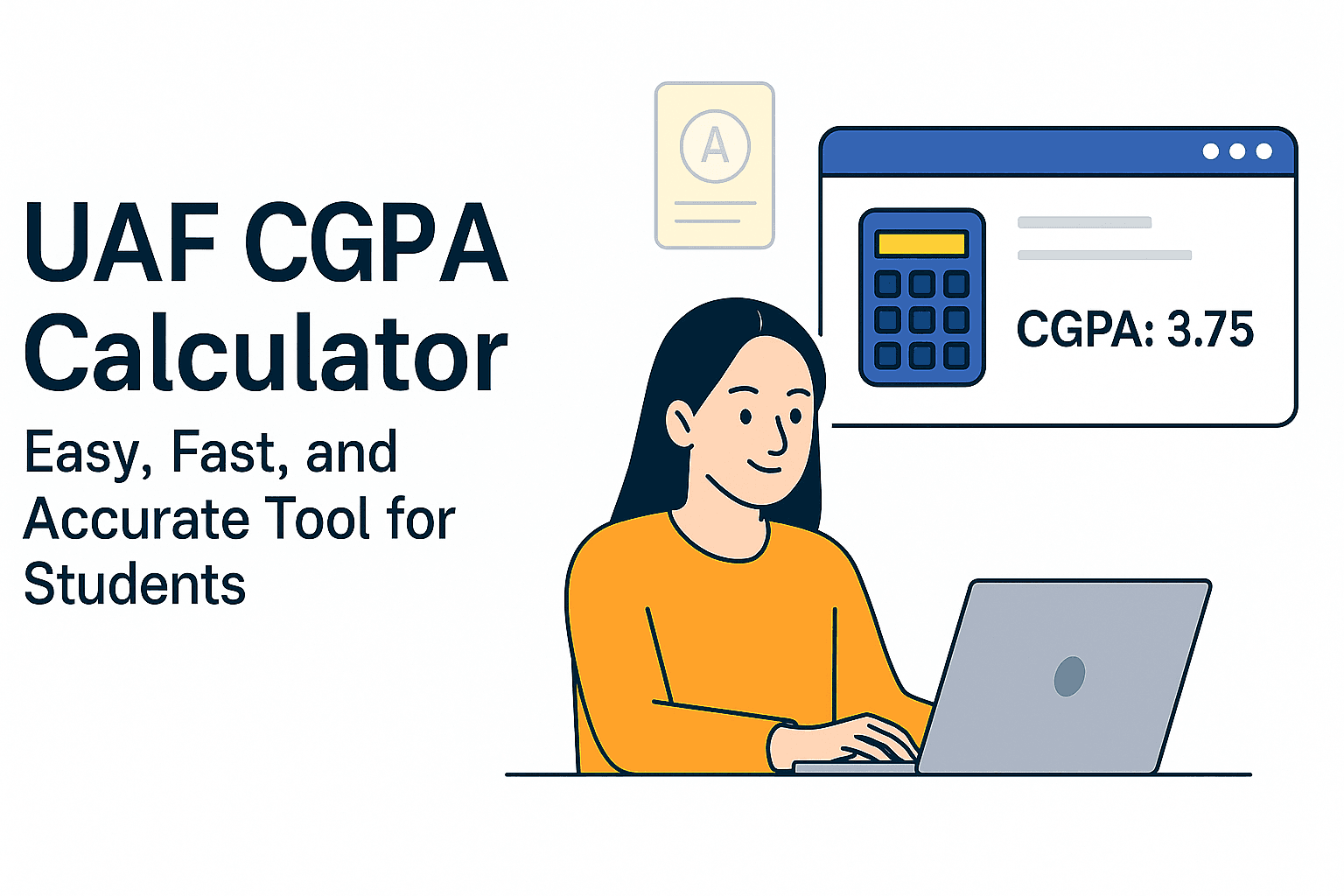Overview of Shivaji University Result
Shivaji University, situated in Kolhapur, Maharashtra, is one of India’s top universities. Founded in 1962, Shivaji University offers a wide range of graduate, undergraduate, and doctorate programs across numerous fields.
Exam scores are important to students because they define their academic trajectory and provide access to future opportunities. All students, be they ambitious scientists, ambitious engineers, or passionate arts majors, eagerly anticipate Shivaji University’s results release time.
Interpreting Shivaji University Findings
Shivaji University holds exams for all of its programs at the end of each semester. The university makes the results of these tests publicly available on its official website. Among these outcomes are:
At the end of each semester, the university releases the results for the regular semester, which include all of its courses.
Shivaji University Results Reevaluation:
Students who requested a reevaluation of their answer sheets because they were unhappy with their initial scores were made public.
Supplementary Test Shivaji University Results:
Students take extra tests to make up lost time or raise their marks.
If students know when to expect these findings, they can plan their next steps more effectively.
How to view Shivaji University Results online
Although checking your results online is a simple process, it’s crucial to follow the right instructions to prevent confusion. Here’s how to go about it:
Go to the official website:
Visit the official Shivaji University website, www.unishivaji.ac.in.
To access the Results Section, click here. Look for the “Examinations” or “Results” tab on the homepage.
Choose Your Course:
Select the relevant semester and course for which you wish to view the results.
Enter the necessary information. You must enter your PRN (Permanent Registration Number) or roll number.
See and get the download:
After entering the information, click “Submit.” Once your result appears on the screen, you can download or print it for future use.
Analyzing Your Findings
The next important step is to understand what your result entails once you receive it. Depending on the course, Shivaji University’s grading scheme may use letter grades, percentages, or grade points. Here is a brief how-to:
Grades can be expressed in letters (A, B, C, etc.). Indicate the level of achievement, with ‘A’ typically representing the highest level.
Grade Points:
Use a scale, often ranging from 0 to 10, to represent your performance.
Indicate the proportion of the total number of available points that were attained using percentages.
Gaining an understanding of these elements will enable you to more precisely evaluate your academic standing.
How to Proceed If Your Outcomes Don’t Meet Your Expectations
Students frequently believe that their grades don’t accurately represent their abilities. If you find yourself in this situation, don’t worry; Shivaji University has a reevaluation procedure:
If you believe there was an error in the original grading, you can request a re-evaluation of your answer sheets.
How to Submit an Application Fill out the reevaluation form available on the university website, submit it by the deadline, and make the required payment.
Timelines:
To ensure you don’t miss out on the chance, be sure to check the university’s notifications for the precise dates.
If you are confident in your answers, this method is worth considering, as it may occasionally result in a boost in marks.
Additional testing and improvement opportunities
Supplementary exams are a second chance at success for students who haven’t completed all of their subjects or who want to raise their grade point average.
Supplementary Tests Overview:
Students are given another chance to pass these tests, which are held after the normal semester exams.
Registration:
To take these tests, you must register via the university portal, fill out the extra exam form, and pay the applicable fees.
Advice for Preparation: Practice previous exams, concentrate on your weak areas, and schedule your study time wisely.
Adding exams to your regular coursework can help you stay on top of your studies and improve your academic standing.
How to Proceed Once Your Results Are Received
Finding out your results is only the first step. Here are the steps you can take:
Organizing Your Next Academic Moves:
If you performed well, you might want to apply for specialized courses or programs at a higher education institution.
Investigating Possibilities for Further Education:
Examine graduate programs, certificates, or licenses that fit your professional objectives.
Employment Placements and Career Guidance:
As your course draws to a close, start researching the university’s employment placement program or contact a career counselor.
These strategies will assist you in making the most of your outcomes and moving toward your long-term objectives.
Typical Problems When Verifying Results
Students occasionally run into difficulties when attempting to view their results online. Typical problems consist of:
Website not loading: When results are announced, there is typically a spike in traffic. Try to check outside of peak hours.
Inaccurate information:
Double-check the roll number or PRN, you entered. A minor error could keep you from seeing your results.
If you encounter any technical issues, it’s advisable to contact the university’s IT support staff for assistance.
On results day, being ready for these problems might save you frustration and time.
How to get your results in hard copy
Although the results you see online are adequate for the majority of applications, you might want an official mark sheet for the following:
How to Obtain a Formal Mark Sheet
Visit the university’s examination office or submit a request using the appropriate methods.
Distinction Between Official Mark Sheets and Online Results:
Official mark sheets are printed documents that are formally acknowledged, whereas online results are tentative.
For formal procedures like job applications, higher education, and others, you must have an official mark sheet.
FAQs Following the Wrap-Up
Should I lose track of my roll number?
By examining your admit card or getting in touch with the university’s examination department, you can find your roll number.
Is it possible to apply online for re-evaluation?
Yes, students at Shivaji University can apply online for a reevaluation.
How long does it take to announce the results of the re-evaluation?
We typically release the reevaluation results a few weeks after the application deadline.
What happens if my result is incorrect?
Report any anomalies you see in your result right away so the university’s examination staff can make the necessary corrections.
How can I look up the results from earlier semesters?
You can retrieve past semester results on the university’s official website using the same procedure as the present ones.
In Conclusion
The outcomes at Shivaji University have a significant impact on how students develop academically and professionally. You can decide on your next course of action by knowing how to access, interpret, and act upon your results. The secret is to be proactive and utilize your results as a springboard for success, whether you’re applying for jobs, seeking more education, or getting ready for supplemental examinations.



